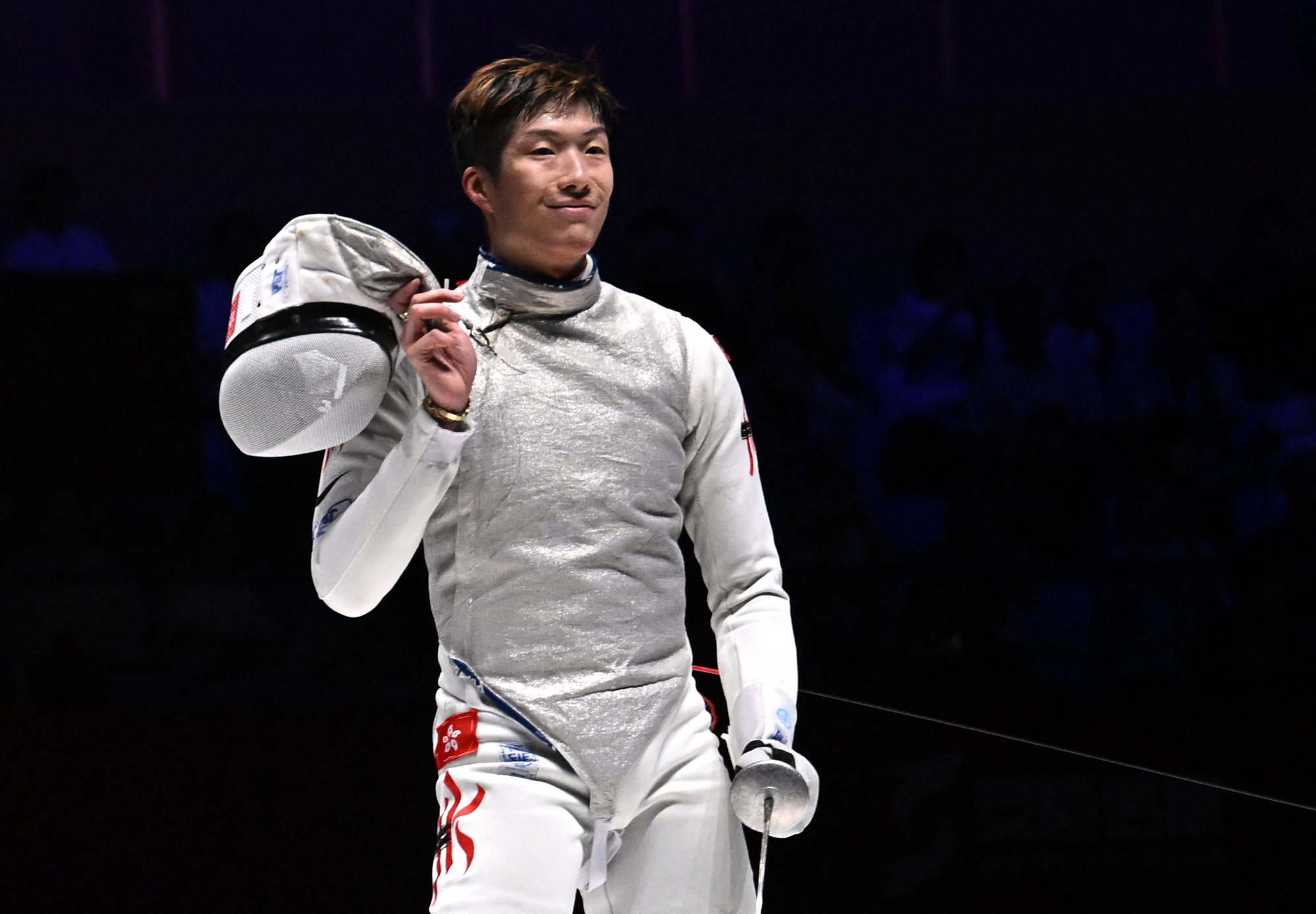
Is Hong Kong overpaying for Olympic and Asian Games glory? That’s a secret, say city’s sport chiefs
- Review of Asian Games will not be released, with CEO of government-funded sports institute saying it’s too technical for public
- Hong Kong earned its best medal tally in Hangzhou, but some sports fell short and performance criteria are largely unchanged since 2005
A review of Hong Kong’s performance at the Asian Games is nearing completion, but the taxpayer-financed body overseeing funding and support of the city’s athletes said it would withhold the findings from the public.
The process held by the Hong Kong Sports Institute (HKSI), the city’s elite sports training centre, is taking place behind closed doors, with outgoing chief executive Trisha Leahy telling the Post the extensive report would be too “technical” for the average person.
Hong Kong delivered its best Asiad performance at this year’s Games in Hangzhou, claiming eight gold, 16 silver and 29 bronze medals, but with its largest ever delegation and budget, opening a debate about how to measure success and offer accountability.
Some HK$730 million of public money has been sunk into the institute in 2022-23, via the government’s Elite Athletes Development Fund (EADF), to nurture athletes and provide them with financial support, facilities and expertise.

Hong Kong’s leader John Lee Ka-chiu vowed in his autumn Policy Address to continue allocating more resources to elite sports.
The Post approached the HKSI, the government’s Culture, Sports and Tourism Bureau (CSTB) and the local Olympic committee about whether the growing investment brought a responsibility to deliver better results at the 2024 Paris Olympics, or even to reveal how that will be measured.
The CSTB was asked whether, to reflect Hong Kong’s improvement and strive for more, the criteria for receiving funding should be reassessed, having been in place for almost 20 years with only one minor overhaul since 2005.
It was asked whether failing sports would pay a price, and whether sufficient motivation was generated by requiring that sports, to be funded, must feature in at least three of the past four and next two Olympic or Asian Games.
The bureau was also asked how much public money had been set aside for the next fiscal year.
Its reply only said the government was “committed to taking forward the development of elite sports in Hong Kong”, but it declined to discuss the merits of the criteria.
Funding to the HKSI had grown about 45 per cent from about HK$596.2 million in 2018-19 to HK$863 million in 2023-24, it said, without disclosing next year’s figure.
The HKSI, too, declined to reveal the overall sum it will receive next year, but said “more resources” were required from the government after an increase in the number of scholarship athletes from more than 600 a decade ago to over 1,400 today.
Can Hong Kong maintain Asian Games success? That is the HK$7 billion question
“We conduct a review after every major Games,” the HKSI’s outgoing chief executive Trisha Leahy told the Post. “We survey all the athletes and coaches, and undertake an analysis, comparing [performances] to those of our competitors, then make adjustments accordingly.
“The process lasts a couple of months and the report should be ready by the end of December.”
Asked if HKSI would publicly disclose its findings, Leahy said: “No, because it is very technical and for our own internal use, [to decide] how we move forwards. It is a useful benchmark, in terms of adjustments we need to make.”

An HKSI spokesperson added: “The evaluation and recommendations [from the report] will be implemented in future training, technical strategy and upcoming competitions, making them unable to be revealed.”
Further questions to the HKSI, on whether the review had concluded and changes around funding and management of specific sports would follow, were not answered.
The Olympic committee said it would review the support provided for Games athletes, without answering whether that would be made public. It declined to comment on serially underperforming sports, such as athletics and gymnastics, that retain funding.
On developing stars of the future, its vice-president Kenneth Fok Kai-kong, who led the Hong Kong delegation in Hangzhou, said “it’s worth mentioning the scope of our medal events and those with good results are rather broad”.
“A lot of our teams are facing the changes of generations, but there are some young medal-winning athletes which proved our teams are doing well in terms of identifying future talent,” Fok said.
“And for those teams who are experiencing difficulties in finding the next generations, the athletes and the team behind are also working very hard.”






 - Mike Chan.jpeg?itok=EQbwYm3R&v=1669714688)